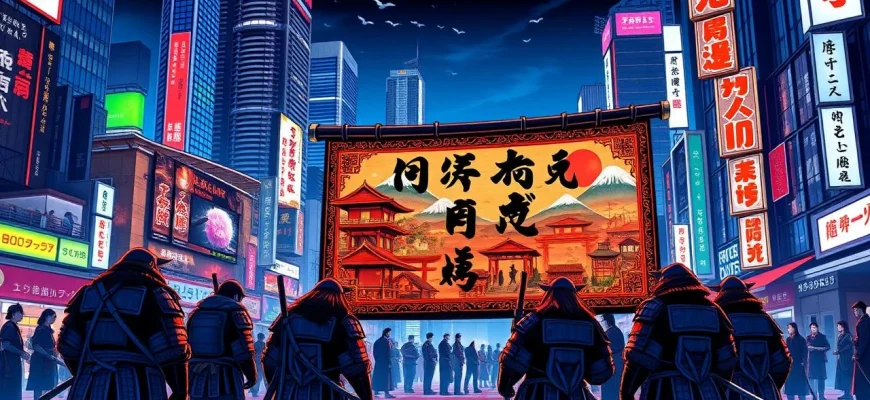The samurai, with their code of honour, Bushido, have long captivated audiences with tales of loyalty, duty, and the clash of swords. This curated selection of films not only brings to life the rich tapestry of samurai culture but also offers a window into the historical and cultural nuances of feudal Japan. Each film in this list has been chosen for its unique portrayal of samurai life, its cinematic excellence, and its availability with British English dubbing or subtitles, making it accessible and enjoyable for UK viewers.
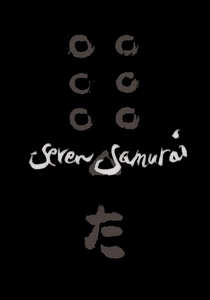
Seven Samurai (1954)
Description: Directed by Akira Kurosawa, this epic tale of seven masterless samurai hired to protect a village from bandits is a cornerstone of samurai cinema, influencing countless films worldwide.
Fact: The film was shot over a grueling 148 days, and its influence is seen in Western films like "The Magnificent Seven."
 Watch Now
Watch Now
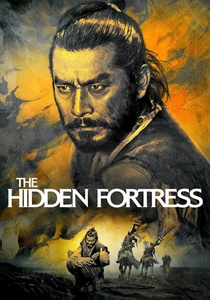
The Hidden Fortress (1958)
Description: Another Kurosawa classic, this film tells the story of two peasants who help a general and a princess escape from enemy territory, providing a unique perspective on samurai life through the eyes of the common folk.
Fact: George Lucas cited this film as a major influence on "Star Wars."
 Watch Now
Watch Now

Yojimbo (1961)
Description: Toshiro Mifune stars as a ronin who manipulates two rival gangs in a small town, showcasing the darker, more cynical side of samurai life.
Fact: "Yojimbo" was remade in the West as "A Fistful of Dollars" by Sergio Leone.
 Watch Now
Watch Now
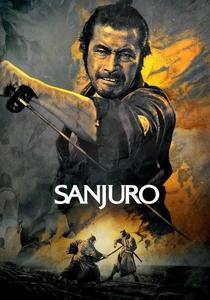
Sanjuro (1962)
Description: A sequel to "Yojimbo," this film follows the same ronin as he helps a group of young samurai navigate political intrigue.
Fact: The film was shot in just 45 days, a testament to Kurosawa's efficient filmmaking.
 Watch Now
Watch Now
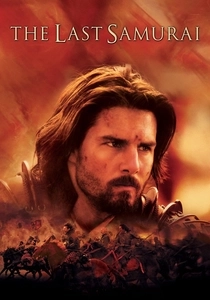
The Last Samurai (2003)
Description: While not entirely historically accurate, this Hollywood production captures the spirit of the samurai through the eyes of an American soldier who becomes enamored with their way of life.
Fact: Tom Cruise underwent extensive training to portray a samurai convincingly.
 Watch Now
Watch Now
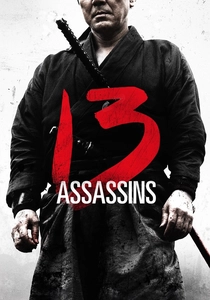
13 Assassins (2010)
Description: A group of samurai are tasked with assassinating a sadistic lord, leading to an epic showdown. This film is known for its intense action sequences.
Fact: The film features a 45-minute battle scene, one of the longest in cinema history.
 Watch Now
Watch Now

Harakiri (1962)
Description: A samurai arrives at a clan's house to commit ritual suicide but instead tells a story that exposes the clan's hypocrisy and cruelty.
Fact: The film was remade in 2011 by Takashi Miike, showcasing its enduring relevance.
 30 Days Free
30 Days Free
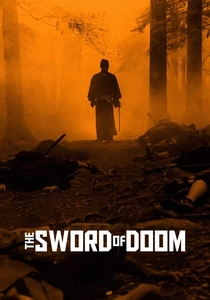
The Sword of Doom (1966)
Description: This film presents a darker, more nihilistic view of the samurai, focusing on a ruthless swordsman whose life spirals into darkness.
Fact: The film was initially banned in Japan for its portrayal of samurai as less than honorable.
 30 Days Free
30 Days Free
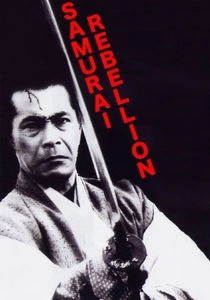
Samurai Rebellion (1967)
Description: This film explores the conflict between duty to one's lord and personal honor, as a samurai defies his clan to protect his daughter-in-law.
Fact: It was one of the last films directed by Masaki Kobayashi before his retirement.
 30 Days Free
30 Days Free
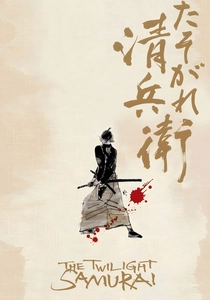
The Twilight Samurai (2002)
Description: Set in the late Edo period, this film tells the story of a low-ranking samurai who must balance his duties with his family life, offering a more intimate look at samurai life.
Fact: It won the Japanese Academy Award for Best Picture.
 30 Days Free
30 Days Free

